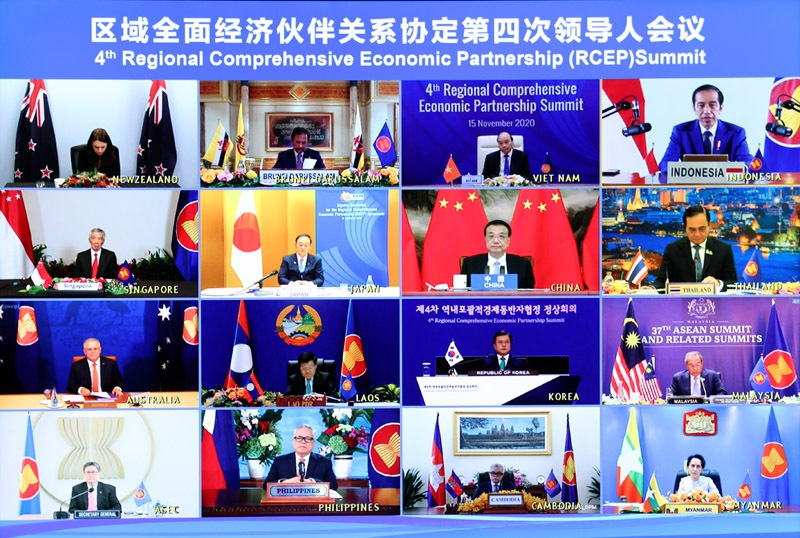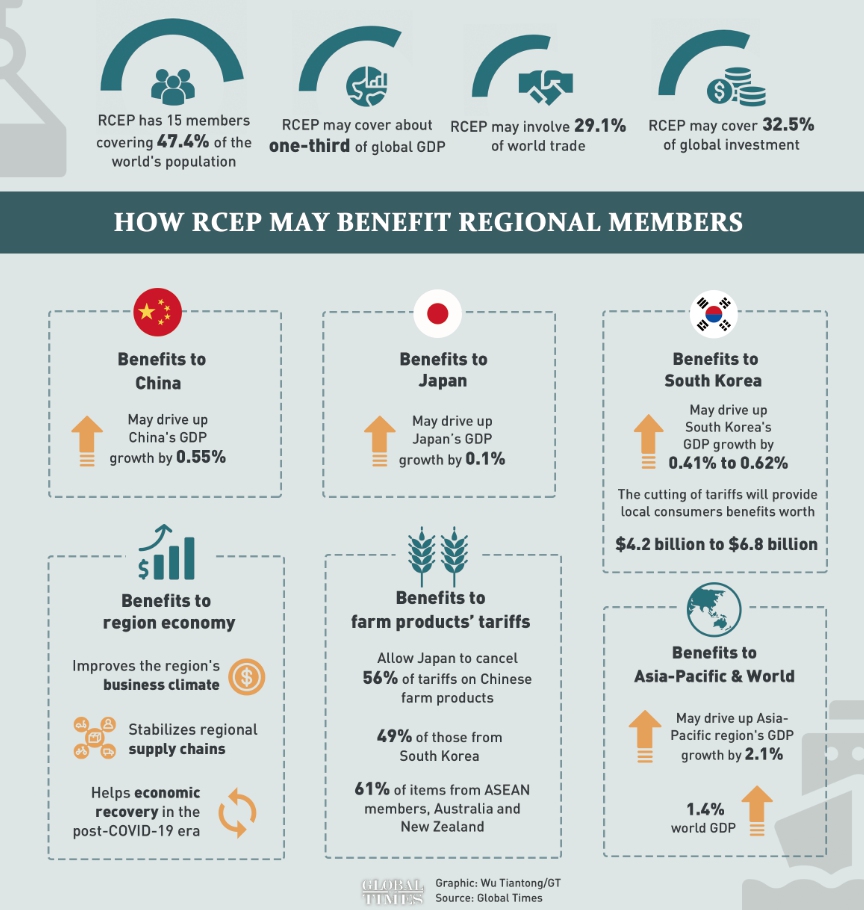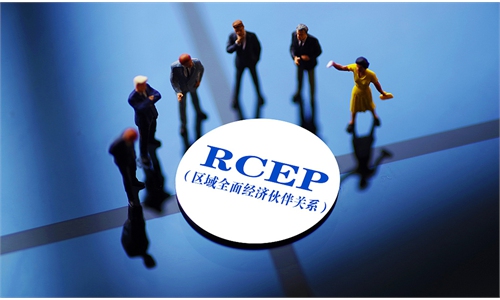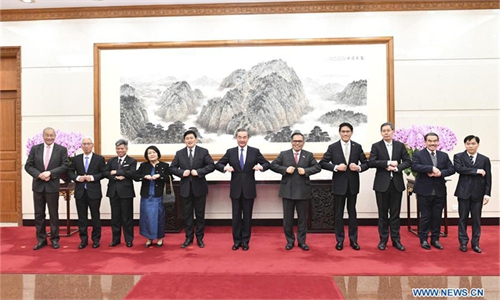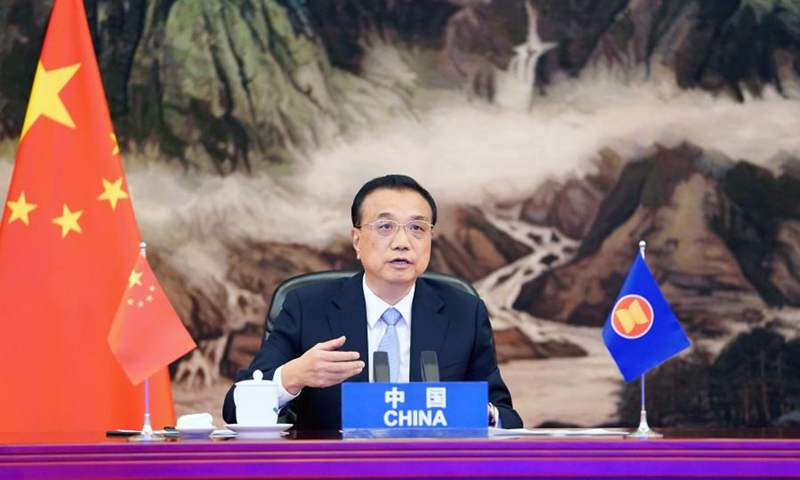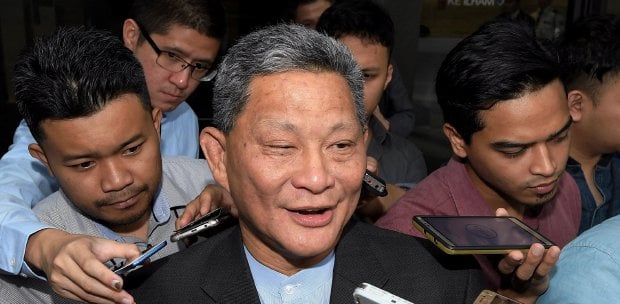THE Sengoku period (also known as the “Warring States period”) of Japan from 1467 to 1615 is a period of great turbulence and unrest due to endless civil war and social upheaval.
`
It came about as a result of a political vacuum when the Ashikaga Shogunate collapsed. Advancement of technology during this period also contributed to new warfare. Europeans arriving at the shores of Japan in 1543 introduced the “arquebus”, a type of long gun of its time. It was the same weaponry used by the Portuguese when they invaded the Sultanate of Malacca in 1511.
`
I find this period of Japanese history especially fascinating, as this is where samurai warlords such as Oda Nobunaga, Toyotomi Hideyoshi and Tokugawa Ieyasu rose to prominence. Nobunaga was the leading figure and is recognised as one of the “Three Great Unifiers” of Japan. Coming from a relatively small, Oda clan, he became the most powerful Daimyo (feudal lord) of his time. Due to his adoption of “arquebus” and prowess in war, he was a potent force fighting towards a unification of all of Japan.
`
He was succeeded by Hideyoshi, after being forced to commit seppuku in Kyoto when a retainer samurai general, Akechi Mitsushide, launched a coup. Hideyoshi was Nobunaga’s loyal general who rose through the ranks from a foot soldier. He completed Nobunaga’s unification agenda from the existing foundation laid and became the de facto leader of his time.
`
Sadly, blinded by his political ambition to expand territories beyond Japan, he launched an ill-fated Korean invasion which damaged Japan’s own domestic economy due to prolonged military stalemate.
`
After his death, his five-year-old son, Toyotami Hideyori, succeeded him under the guidance of a Council of Five Regents. It wasn’t until 17 years later before the conflict between Toyotami loyalist supporting Hideyori as a rightful ruler of Japan and Ieyasu, the regent and most influential Daimyo then, imploded leading to the Battle of Sekigahara. Ieyasu won and it ushered 250 years of peace and economic growth known as the Edo Period (Tokugawa Era).
`
As our country is in the midst of a second major political impasse after only 18 months and looking to have its third government in three years, this raises the issue of the cost of politics towards our country’s economy and its overall wellbeing.
`
Looking back, the Sengoku period was a time of political turmoil where espionage, betrayals and revenge were ordinary course of daily business. It is no different from modern politics today minus the bloodshed. The whole cloak-and-dagger operations beneath the glamorous guise of democracy today hinges on personal interests over the greater good of the people. Hence, almost always the people end up paying the greatest price in the economics of politics.
`
The current geopolitical issue in Afghanistan is a clear testament of the cost of politics and poor foreign policy of the United States. After spending US$1 trillion (RM4.2 trillion) of taxpayers’ money, sacrificing 2,448 Americans lives with 20,722 more wounded over 20 years, the longest spanning foreign war in the US’ history is officially drawing to a close. However, at what cost?
`
The withdrawal of troops has a left a vacuum in Afghanistan where the “elected” government was overran by armed Taliban. Even president Ashraf Ghani fled the country with cars and choppers filled with cash. The innocent citizens of Afghanistan are left to fend for themselves, while those deemed pro-American are fearing for their lives. Innocent people of both countries paid the ultimate price for US disastrous foreign policy which benefited nobody except weapons manufacturers, arms dealers, pro-war politicians and lobbyist. This is the real cost of politics on full display.
`
Of course, there are economics positives that comes out from politics too. After all, politicians plays the role of lawmakers of a country and policies crafted will have direct consequences on the economics of a nation (refer to China’s GDP Growth chart below).
`
Deng Xiaoping, the de facto paramount leader of China inherited a country when it was suffering from poverty and ill effects of policies such as the “Great Leap Forward” and “Cultural Revolution” implemented during Mao-era. He instituted a series of reforms including the most crucial “Opening Up of China” (Gai Ge Kai Fang) which pivoted China from a planned economy to a socialist market economy (also known as socialist capitalism).
`
I remembered asking my economics professor in LSE years ago, “who is your favourite economist of all time?” Without hesitation, he said “Deng Xiaoping. This man may be small in size but he is enormous in stature. He is great because he had the vision to institute economic reforms steering from old ways for the world’s most populous nation. By doing so, he saved countless of lives.”
`
Relating to the current political predicament in our country, I realised how Deng Xiaoping was not your ordinary politician. Unknown to many, he did not actually hold official leadership position in Government or the Chinese Communist Party when he was instituting reforms. Yet, his policies from 1978 onwards laid the foundation for what would make China the second largest economy and superpower of the world today. He is a statesman without honorifics, position and title.
`
China’s GDP Growth Chart in above
`
Economics and politics always go hand in hand. Both cannot be looked at in isolation. While there are many negative economic indicators for our country at present such as Fitch Solution’s latest 2021 GDP growth forecast downgrade to zero or other rankings which point towards our country’s rapid decline in comparison to regional peers, one should not despair and be overly pessimistic.
`
Our country was a beacon of democracy in South East Asia when there was a peaceful transfer of power in 2018 from a regime that ruled for 61 years since Merdeka. Of course, today’s political quandary exposes the flaws within the system but fail safes can be implemented if the leaders are willing to put the people’s interests before their own.
`
Japan did not get to where they are today overnight. It was a civilization that went through the bloody Sengoku period. It also showed us that before an era of peace and prosperity comes along, there will be times of turbulence.
`
Rest assure, history has shown as society progresses through education and learning from the mistakes of the past, it will mature. That is my hope for the country.
`
Ng Zhu Hann, is the author of Once Upon A Time In Bursa. He is a lawyer & former Chief Strategist of a Fortune 500 Corporation. The views expressed here are his own.
Hann Ng - Managing Partner - Hann Partnership | LinkedIn
NG ZHU HANN
` Source link`
Related post:
World main countries 2021 Q1 GDP Growth Infographic: Wu Tiantong/GT





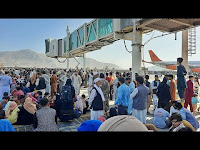



 Economic solidarity: Asia-Pacific leaders attending the fourth RCEP meeting as part of the 37th Asean Summit in Hanoi, Vietnam, last week. — Reuters
Economic solidarity: Asia-Pacific leaders attending the fourth RCEP meeting as part of the 37th Asean Summit in Hanoi, Vietnam, last week. — Reuters


